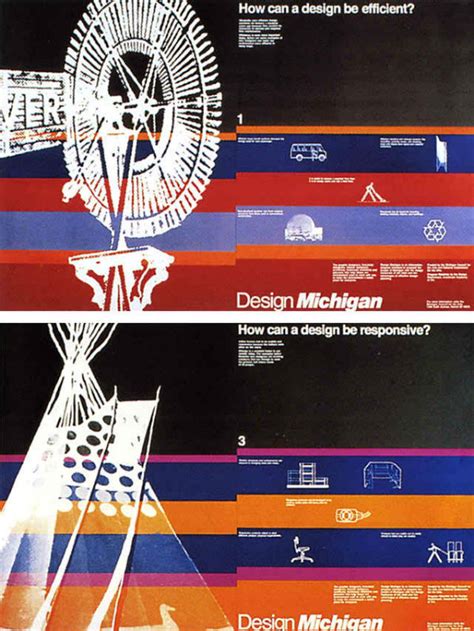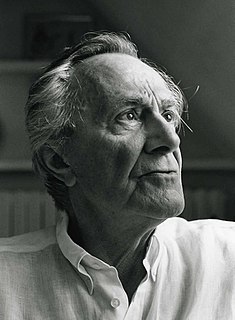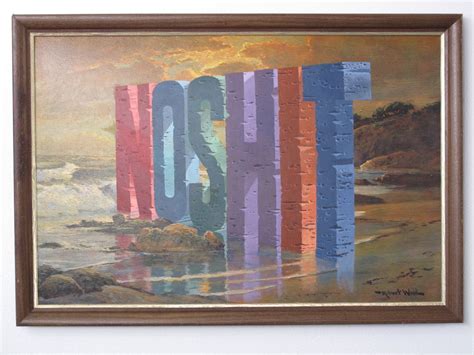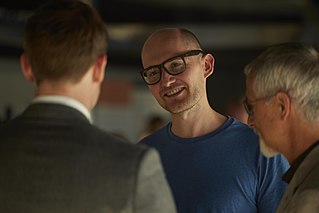A Quote by Tina Brown
Corporate communications will become a high-tech art, just as political communication is for Obama.
Related Quotes
We now live in a world where the most valuable skill you can sell is knowledge. Revolutions in technology and communication have created an entire economy of high-tech, high-wage jobs that can be located anywhere there's an internet connection. And today, a child in Chicago is not only competing for jobs with one in Boston, but thousands more in Bangalore and Beijing who are being educated longer and better than ever before.
The subject of contemporary art should include a political dimension, the distrust contemporary art has towards the existing order. One manifestation of this distrust is the mechanical dichotomization between art's form and its political content; the other is the institutionalizing tendency of anti-institutionalization. We almost never resist ourselves - the part of ourselves that has been institutionalized. We have occupied the word "resistance" and have become its owner, while "resistance" has become our servant. Thus, we own "resistance" and occupy it as a position of power.


































